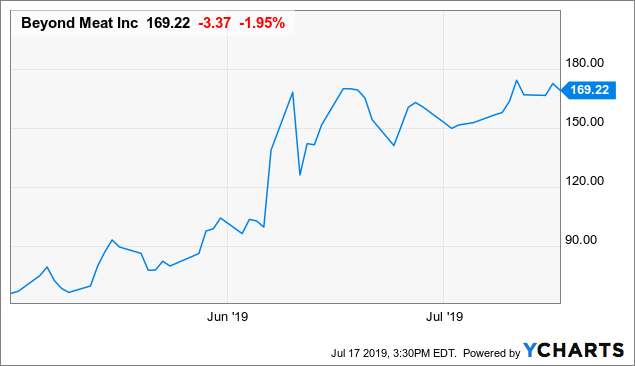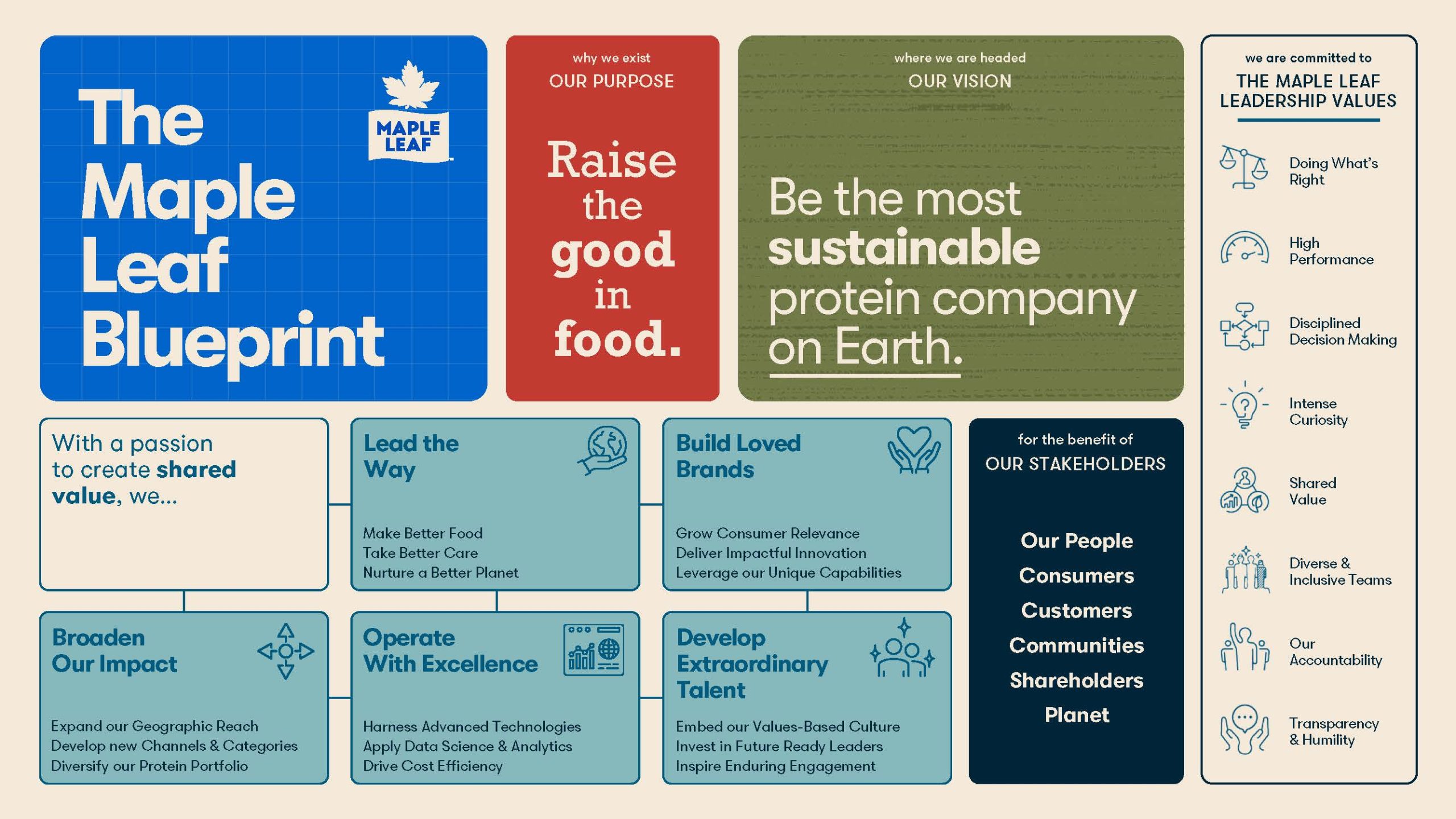Maple Leaf Foods Reports Third Quarter 2023 Financial Results

Maple Leaf Foods (TSX: MFI) released its third-quarter 2023 financial results, revealing a mixed performance amidst a challenging economic landscape. The company reported increased sales but also faced headwinds from inflationary pressures and market volatility. Investors and analysts are closely scrutinizing the results for insights into the company's strategy and future prospects.
The Q3 2023 report offers a snapshot of Maple Leaf Foods' performance, highlighting both its successes and the challenges it navigated. Key aspects include sales figures, profitability margins, strategic initiatives, and the outlook for the remainder of the fiscal year. These elements paint a picture of the company's position in the competitive food industry and its ability to adapt to changing market conditions.
Key Financial Highlights
Sales for the third quarter reached $1.26 billion, a 3.3% increase compared to the same period last year. This growth was primarily driven by pricing actions and a favorable product mix. However, the volume of sales was relatively flat, indicating potential softening in consumer demand.
The company reported an adjusted operating income of $80.7 million, a slight increase from $79.8 million in Q3 2022. This improvement reflects efforts to manage costs and improve operational efficiencies. Yet, these gains were partly offset by inflationary pressures affecting input costs.
Net earnings were reported at $48.1 million, a decrease from $54.7 million in the prior year's quarter. This decline was attributed to higher interest expenses and a less favorable tax rate. Earnings per share (EPS) amounted to $0.39, compared to $0.44 in Q3 2022.
Segment Performance
Maple Leaf Foods operates through two main segments: Meat Protein and Plant-Based Protein. The Meat Protein segment saw a revenue increase of 3.5%, driven by strong performance in retail and foodservice channels. The segment's adjusted operating margin remained relatively stable, indicating effective cost management.
The Plant-Based Protein segment continued to face challenges. While sales increased modestly, the segment still reported an operating loss. The company is actively working to improve the segment's profitability through product innovation and enhanced marketing strategies.
Strategic Initiatives and Market Outlook
Maple Leaf Foods continues to invest in strategic initiatives to drive long-term growth. These include investments in advanced manufacturing technologies and sustainable farming practices. The company is also focused on expanding its presence in key markets, both domestically and internationally.
During the earnings call, CEO Curtis Frank emphasized the company's commitment to innovation and efficiency. "We are focused on delivering value to our customers and shareholders through a relentless focus on operational excellence and strategic investments," he stated. The company aims to navigate inflationary pressures through disciplined pricing strategies and cost-saving measures.
The outlook for the remainder of 2023 remains cautious, with expectations of continued inflationary pressures and economic uncertainty. Maple Leaf Foods anticipates that demand for protein products will remain relatively stable. The company plans to continue focusing on improving its profitability and optimizing its capital allocation.
Impact and Analysis
The Q3 2023 results reflect the complexities of the current economic environment. While Maple Leaf Foods has demonstrated resilience in managing sales growth, profitability remains a key challenge. The Plant-Based Protein segment requires careful attention and strategic adjustments to improve its financial performance.
Analysts are closely watching the company's ability to navigate inflationary pressures and maintain its competitive edge. Maple Leaf Foods' investments in sustainability and advanced technologies are seen as positive steps towards long-term value creation. However, the immediate focus remains on improving operational efficiency and driving profitability across all segments.
The company's performance impacts a wide range of stakeholders, from investors to employees and consumers. Shareholders are interested in sustainable growth and returns, while employees rely on the company for stable employment opportunities. Consumers benefit from access to high-quality protein products at competitive prices.
Conclusion
Maple Leaf Foods' third-quarter results showcase a company navigating a dynamic market landscape. While sales growth is encouraging, profitability concerns remain a focus. The company's strategic initiatives and commitment to innovation are crucial for long-term success. The focus of investors and stakeholders will remain on how effectively Maple Leaf Foods adapts to challenges and capitalizes on opportunities in the coming quarters.


















